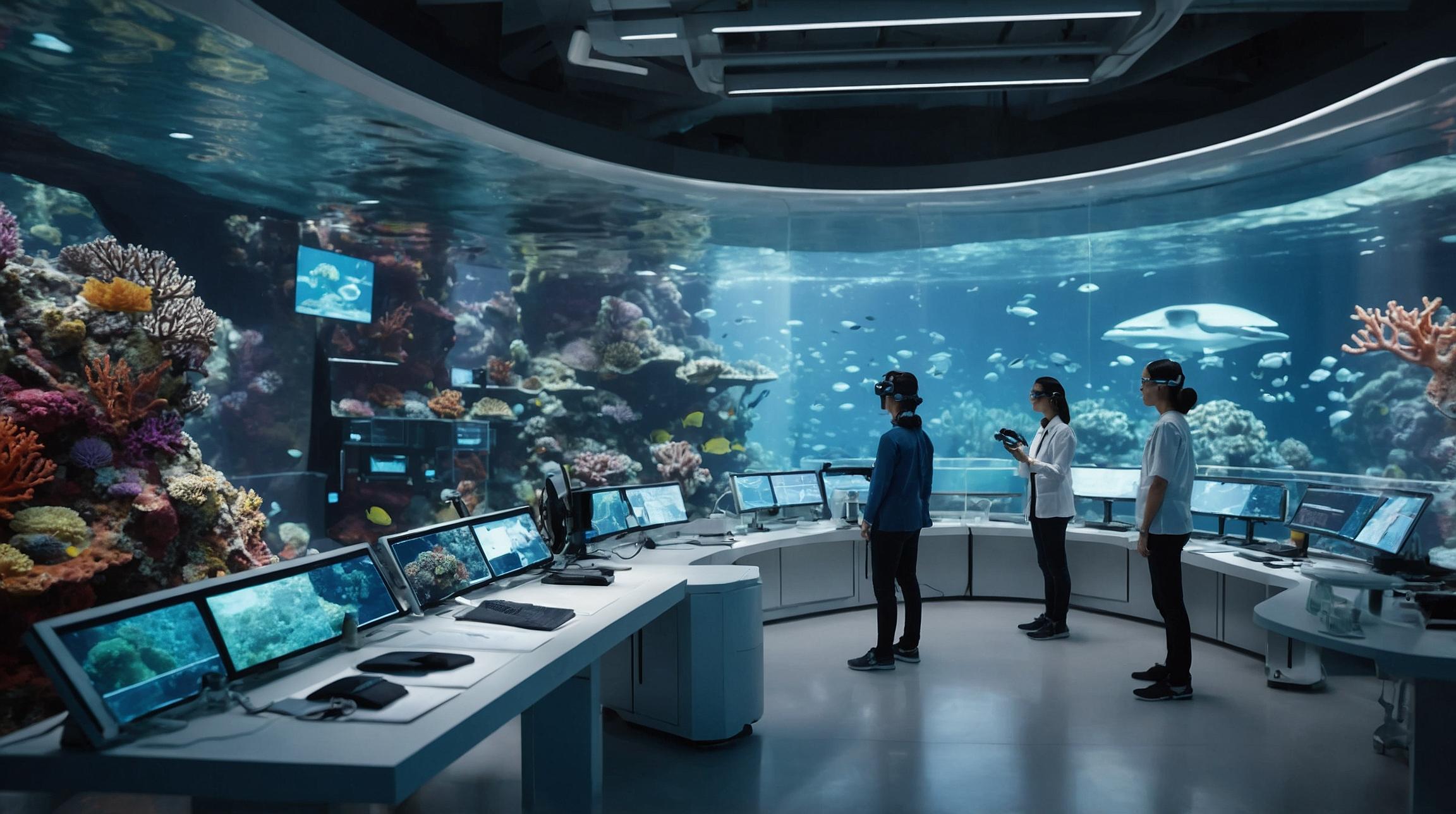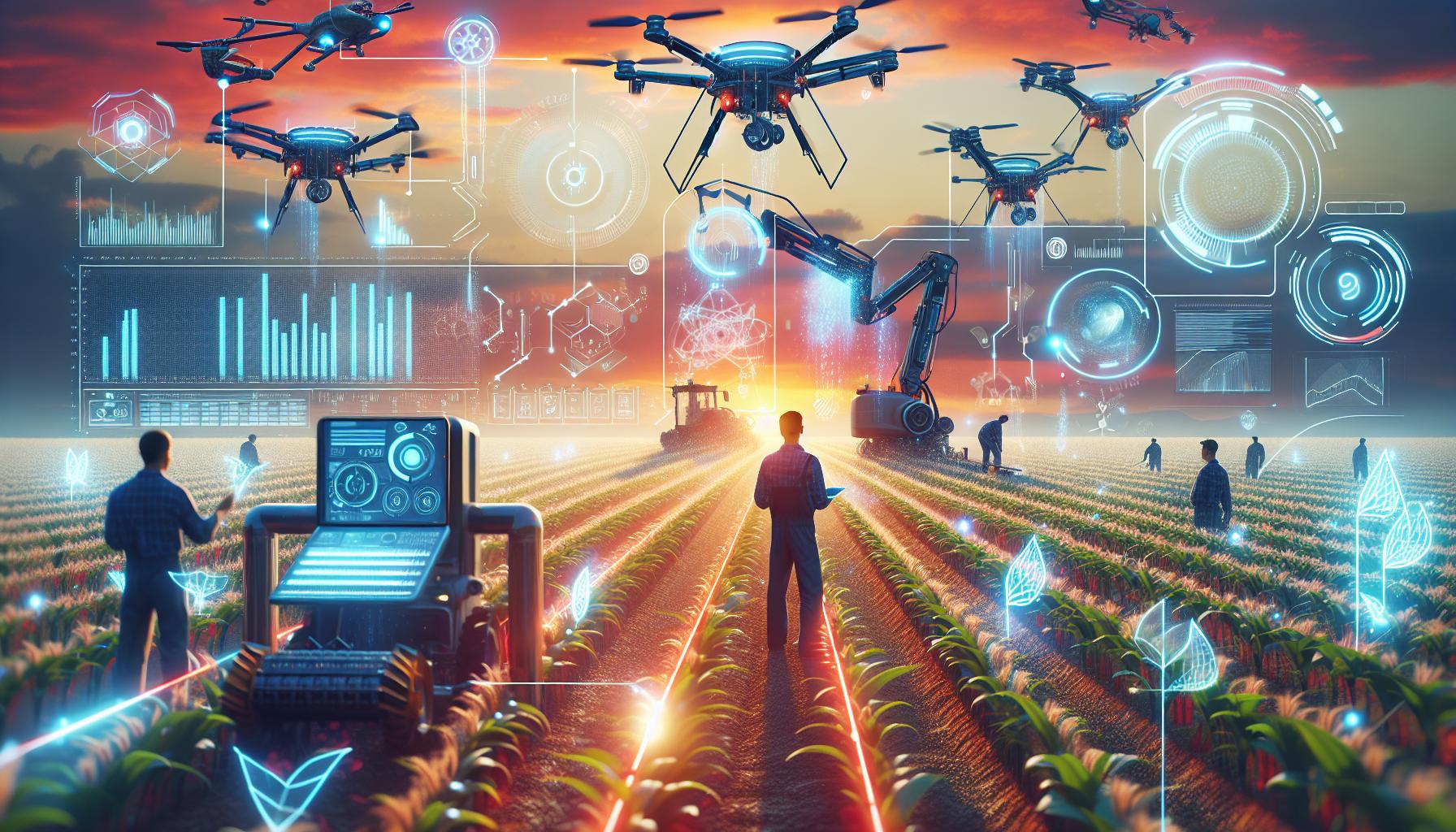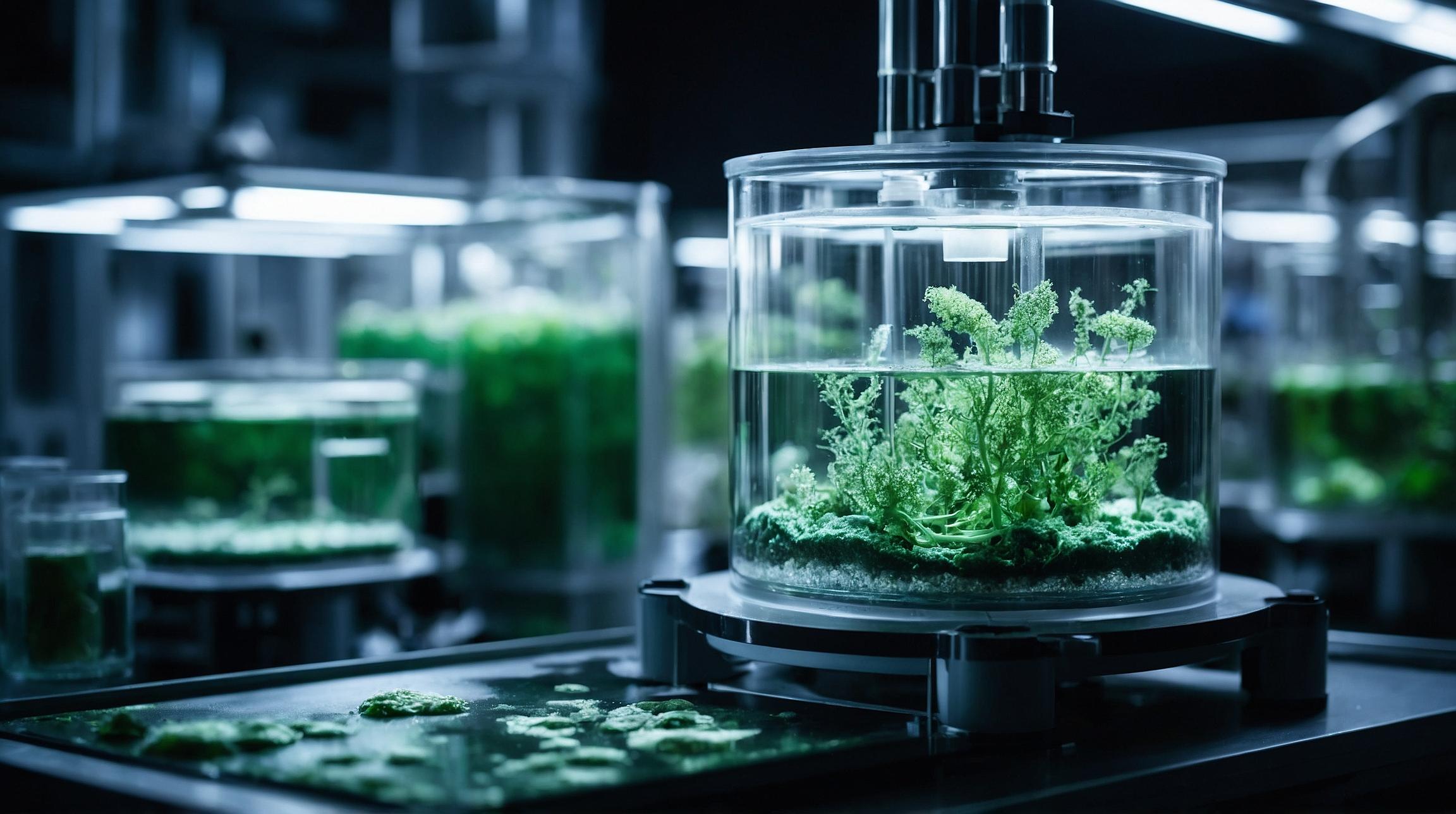VR Engineering Research Center Established in Hainan
The Virtual Reality Technology and Systems Engineering Research Center was officially inaugurated on Sunday in Haikou, the capital of south China's Hainan Province. The center features multiple learning and demonstration platforms, including a Virtual Reality (VR) teaching and research office and a real-scene digital twin command center, which will enhance multi-disciplinary education.
The center is jointly constructed by the Hainan Institute of Science and Beihang University State Key Laboratory of Virtual Reality Technology and Systems. The initiative is part of a broader effort to integrate artificial intelligence (AI) technology into talent cultivation and industry development. For example, AI can enable virtual surgery simulations and virtual rehabilitation training, aiding doctors in surgical practice and rehabilitation therapy.
"We will build a platform for industry-university-research-application cooperation, promote the transformation of scientific research achievements, and provide intellectual support and technical skills for the construction of Hainan Free Trade Port," said Zheng Bing, director of the center.
Marine Biologist Sees Huge Role for AI in Solution to Marine Protection
Artificial Intelligence (AI) can play a key role in helping the environment, said a marine biologist at Collision 2024, the big international tech conference in Toronto, Canada. Deborah Brosnan is a marine scientist who works in the field of climate and resilience for the oceans. She has been bringing together governments, the private sector, and communities to figure out practical solutions that scientists can implement to restore biodiversity and build coastal resilience for communities.
They are helping to design and build coral reef structures that will reduce wave action, protect the coastal zone, and promote mangrove restoration, linking these efforts to private sector investments in development, particularly in the islands.
"For coastal communities, the climate risk we're seeing is literally sea level rise and the beaches are disappearing. In some places, 30 meters, or 90 feet, of beach have vanished in about 10 years or less. This translates into tourism loss and means that the ocean, once 50 feet away from your door, is now at your door. We see these issues as major problems for the islands," said Brosnan.
Brosnan emphasized that technology is starting to provide help for the protection of the ocean environment. "Tech is changing the world, but it had not been as involved in the oceans or the environment until recently. The realization is dawning that the oceans cover 70 percent of our planet. If they were a country, they'd rank seventh in the world in terms of GDP. 80 percent of the goods we get come by the ocean. The world is waking up to the fact that there's a whole ocean out there, and it's in trouble, but it also offers a lot," she said.
AI is playing a more important role in environmental issues. "John Paul DeJoria and I are going to open an innovation learning center in Antigua and Barbuda for the reefs, coral reefs. We aim to explore emerging technologies that will help us better understand our reefs and design better reefs for the future. AI is helping with better sensing, identifying restoration areas, and providing predictive data. More and more, AI is emerging both as a predictive technology and as a tool to get data faster," Brosnan explained.













